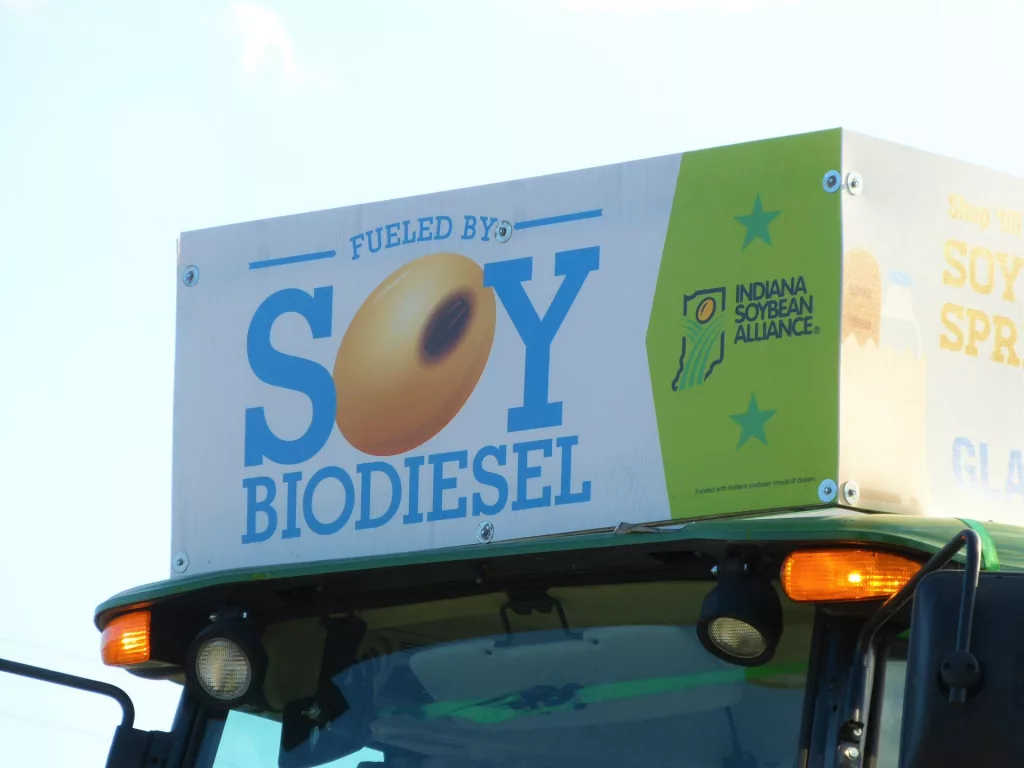Clean Fuels Alliance America and the Indiana Soybean Alliance (ISA) were among more than 70 industry stakeholders delivering a letter to President Joe Biden urging his administration and the Environmental Protection Agency (EPA) to substantially increase the biomass-based diesel (BBD) and advanced biofuels volumes in the Renewable Fuel Standards for 2023, 2024 and 2025.
Clean Fuels and ISA were joined in the letter by several national industry associations and their members, including American Soybean Association, Diesel Technology Forum, National Energy and Fuels Institute, National Oilseed Processors Association, North American Renderers Association, and U.S. Canola Association.
The letter points out that EPA’s proposed volumes fall far below the industry’s current production and, if finalized, would undermine investments in the industry’s expansion. EPA is expected to finalize the RFS volumes by June 14.
“The proposed RFS volumes simply do not provide sufficient market space for the fuels that are produced and available now to help numerous industries decarbonize their transportation footprint,” the letter states. “The low volumes threaten the ability of new market sectors, like marine and aviation, to decarbonize in the near term.”
“The undersigned have asked EPA to annually increase the biomass-based diesel volumes by 500 million gallons. Given the demonstrated increase in production in the first four months of this year, the request is very conservative,” the letter continues. “As your administration reviews the RFS rule for 2023, 2024, and 2025 before its final release on June 14, we ask that you ensure a true upward trajectory for the program’s volumes to further facilitate the growth of homegrown, low-carbon, advanced biofuels.”
Kurt Kovarik, Vice President of Federal Affairs with Clean Fuels, added, “Our members, agriculture partners, and fuel users have all made significant investments to grow the industry, and those investments are already paying off. In the first months of 2023, the clean fuels industry increased biodiesel and renewable diesel production by more than 200 million gallons.”
“EPA must follow through on its promise of an upward trajectory for RFS volumes,” Kovarik continued. “As capacity and production grows, the economic benefits will increase – unless EPA fails to get the RFS volumes right.”
Click HERE to read the letter.

